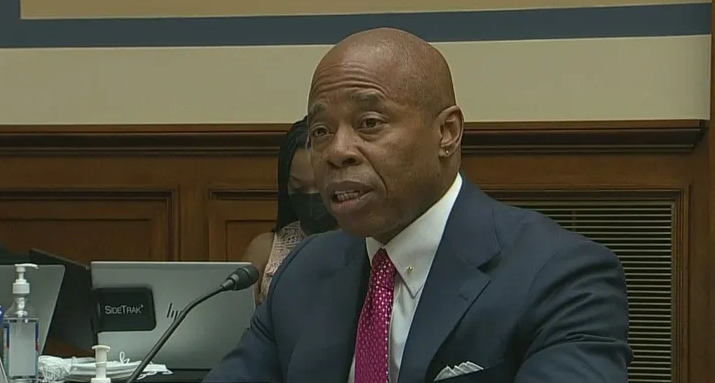Howard Husock writes for City Journal about the unintended consequences of a recent New York City health campaign.
At least some case can be made for the New York City Health Department’s notorious new “harm reduction” ad campaign, which tells New York City subway passengers who use drugs to feel not “ashamed” but rather “empowered that you are using safely.” The ads emphasize that the drug naloxone can save the lives of those suffering an overdose. They alert drug users that deadly fentanyl may be mixed with street drugs not advertised as such. These messages may indeed save lives.
Then again, they might also endanger them, by reassuring users with the comforting but false notion that they can use drugs “safely.” Joe Borelli, a city councilman from Staten Island, where overdose deaths (132 in 2020 alone) have been higher than in any part of the city other than the Bronx, was surely right to tweet that these consumer-protection alerts for drug users are “normalizing injecting deadly, life-changing drugs.”
The key syllable in Borelli’s tweet is “norm.” Government pronouncements are an important way that social norms are either reinforced or changed. There was a time when “Sunday blue laws,” limiting work on the Christian Sabbath, reinforced the norm of honoring the “Lord’s Day” with rest and reflection. New York’s “Let’s Talk Fentanyl” campaign takes us a long way from such norms.
The new norms that the ads implicitly endorse include, obviously, tolerance for lawbreaking. More broadly, however, the campaign is part of a broader government promotion of norms that would stun Max Weber, whose The Protestant Ethic and the Spirit of Capitalism argued that deferred gratification lay at the heart of both individual empowerment and social progress.
The same public health authorities who ordered draconian measures to limit Covid-19—a complete lockdown of New York and long-lasting mask and vaccine mandates—appear blind or indifferent to an even deeper threat to our societal health. …


